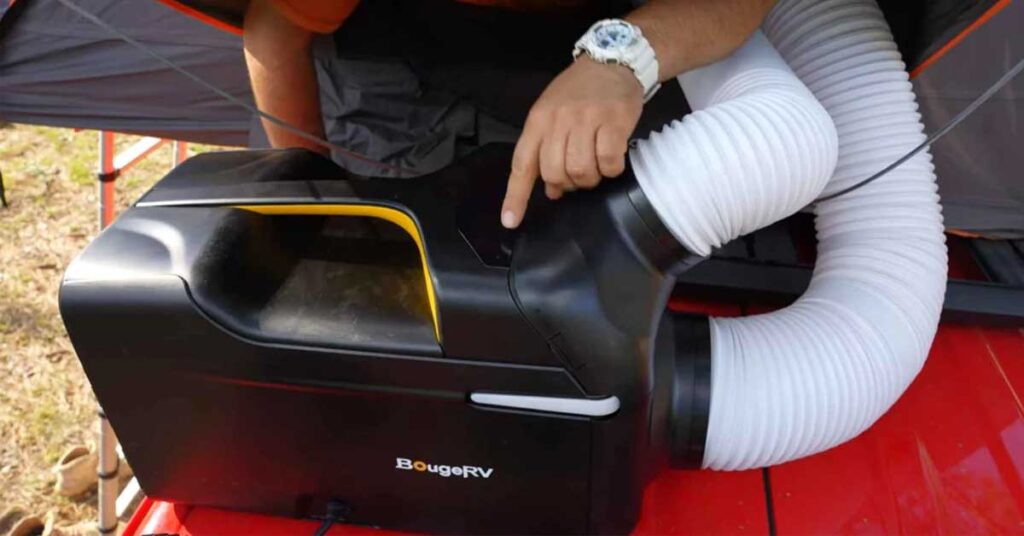The world of blockchain technology is constantly evolving, and Ethereum has emerged as one of the leading platforms for decentralized applications and smart contracts. As the popularity of Ethereum grows, so does the need for efficient and timely transactions. This is where the concept of the mempool comes into play. In this article, we will take a deep dive into the mempool and explore how it can streamline Ethereum transactions, enhancing the overall user experience.
The mempool, short for memory pool, is a critical component of the Ethereum network. It is a temporary storage area where pending transactions are held before they are included in a block and added to the blockchain. When a user initiates a transaction on the Ethereum network, it is first propagated to the mempool. Miners then select transactions from the mempool and include them in the next block they are mining.
Understanding Mempool Mechanics: The Foundation of Ethereum Transaction Speed
To truly appreciate the impact of the mempool on Ethereum transaction speed, it is essential to understand its mechanics. When a transaction is submitted to the mempool, it is assigned a priority based on the gas price set by the user. Gas is a unit of measurement for computational work on the Ethereum network, and the gas price determines how quickly a transaction will be processed.
Miners, who are responsible for adding new blocks to the blockchain, prioritize transactions based on their gas price. Higher gas prices incentivize miners to include the transaction in their blocks, as they earn more rewards. As a result, transactions with higher gas prices are more likely to be processed quickly, while those with lower gas prices may have to wait longer.
Data-Driven Decisions: How Mempool Data Enhances Transaction Efficiency
Now that we have a basic understanding of the mempool and its mechanics, let’s explore how the data derived from the mempool can enhance transaction efficiency on the Ethereum network. By analyzing the data in the mempool, users can make informed decisions about setting their gas prices to ensure timely transaction processing.
Various tools and platforms, such as Ethereum mempool explorer, provide real-time data on the pending transactions in the mempool. Users can monitor the gas prices and transaction backlogs to determine the optimal gas price for their transactions. This data-driven approach allows users to strike a balance between transaction speed and cost, optimizing their Ethereum experience.
The Road to Optimization: Streamlining Ethereum Transactions with Mempool Insights
To streamline Ethereum transactions, it is crucial to leverage the insights gained from mempool data. By monitoring the mempool and analyzing transaction patterns, users can identify periods of low activity when gas prices are relatively low. Initiating transactions during these periods can result in faster and more cost-effective processing.
Additionally, Ethereum mempool explorers provide visualizations and historical data that can help users identify trends and plan their transactions accordingly. By studying past transaction patterns, users can predict peak activity times and adjust their gas prices accordingly. This proactive approach allows users to optimize their Ethereum transactions and minimize the chances of delays or high fees.
From Mempool to Mining: The Journey of an Ethereum Transaction
The journey of an Ethereum transaction begins in the mempool and ends with its inclusion in a mined block. Once a transaction is selected by a miner from the mempool, it undergoes a process called validation. This involves verifying the transaction’s authenticity, ensuring that the sender has sufficient funds, and executing the requested operation.
Once the transaction is validated, it is included in a block and added to the blockchain. Miners then compete to solve a complex mathematical problem, with the winner being rewarded with newly minted Ethereum tokens. This process, known as mining, not only secures the network but also finalizes the transaction, making it immutable.
In conclusion, the mempool plays a vital role in streamlining Ethereum transactions. By understanding its mechanics and leveraging the data it provides, users can make informed decisions about gas prices, optimize their transactions, and enhance the overall efficiency of the Ethereum network. Whether you are a developer, a trader, or an enthusiast, diving into the mempool can unlock a world of possibilities and help you navigate the ever-growing Ethereum ecosystem.
ⓘ LAFFAZ is not responsible for the content of external sites. Users are required to read and abide by our Terms & Conditions.








